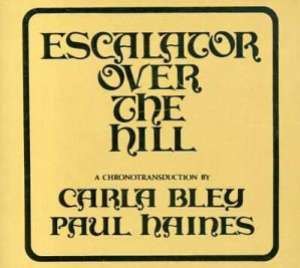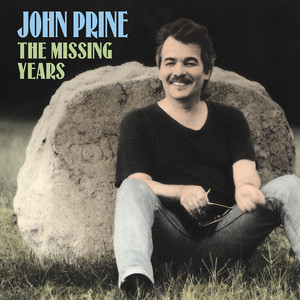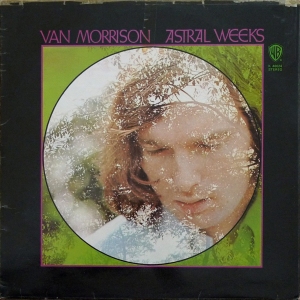 I knew right away what I wanted to play Sunday morning as I thought about the life and death of Ruth Bader Ginsburg. McCoy Tyner’s “Enlightenment” is one of three spiritually intense albums on this list, and it’s the one that speaks most directly to me. Recorded live at the Montreaux Jazz Festival in Switzerland in 1973, it consists of four great musicians addressing the Almighty in as direct a way as you are likely to hear in this plane of existence.
I knew right away what I wanted to play Sunday morning as I thought about the life and death of Ruth Bader Ginsburg. McCoy Tyner’s “Enlightenment” is one of three spiritually intense albums on this list, and it’s the one that speaks most directly to me. Recorded live at the Montreaux Jazz Festival in Switzerland in 1973, it consists of four great musicians addressing the Almighty in as direct a way as you are likely to hear in this plane of existence.
Tyner, who died earlier this year, was one of the leading pianists of the 20th century. He was, among other things, a key player in John Coltrane’s classic quartet — the one that recorded “A Love Supreme” in 1964. I imagine Tyner saw “Enlightenment” as his own answer to “A Love Supreme” — and, truth be told, he doesn’t quite manage to equal Trane’s towering accomplishment. Who has? But I’m going with Tyner because I was introduced to “Enlightenment” when I was a teenager, and thus it resonates with me in a way that goes beyond “A Love Supreme.”
How to describe “Enlightenment”? It’s impossible, really. The bare-bones rundown is that the album comprises the three-part “Enlightenment Suite” plus three additional tracks — “Presence,” “Nebula” and “Walk Spirit, Talk Spirit.” Tyner is all intensity and dense chords. The other musicians, saxophonist Azar Lawrence, bassist Joony Booth and drummer Alphonse Mouzon, are collaborators rather than accompanists — full participants in a common purpose.
Booth’s solo between “Nebula” and “Walk Spirit, Talk Spirit” is astonishing. At the beginning, he sounds like he’s groping for something that’s eluding him. But then he finds it, and what he plays is the closest to singing that you’ll ever hear on an upright bass. Much of the concert is available on YouTube; here are parts one and two. They are well worth watching to get an idea of the level of concentration and sheer physical effort that the band brought to bear.
(By the way, the other spiritually focused albums on the list are Van Morrison’s “Astral Weeks,” No. 12, and Aretha Franklin’s “Amazing Grace,” No. 22.)
I had the good fortune of seeing Tyner perform twice in the 1970s, at Paul’s Mall and the Paradise. He was a great soul whom we’ll all miss, but he left a legacy that will endure. I know that Justice Ginsburg’s tastes tended toward opera. But I’m sure she would recognize the brilliance and the connection to the infinite that Tyner, Lawrence, Booth and Mouzon made in Switzerland one day 47 years ago.
Talk about this post on Facebook.









